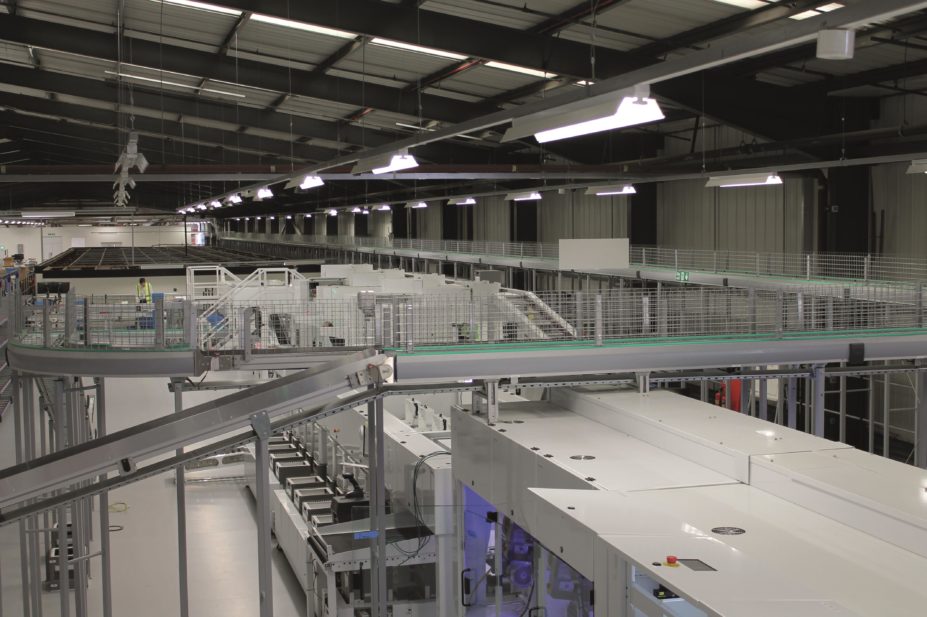
Suzanne Elvidge
The Royal Pharmaceutical Society (RPS) is calling for evidence to be shared that demonstrates that hub and spoke systems provide a more efficient and safer method of dispensing, before the model is implemented widely.
“We have reservations around patient care and safety within the current hub and spoke models, which should be addressed before any further changes are implemented,” the RPS says in its response to a consultation on amendments to the Human Medicines Regulations 2012, of which proposals around hub and spoke dispensing form one part.
The RPS goes on to advise that supplying medicines in a different way could have a negative impact on the relationship between individual pharmacists and their patients. “Hubs should be there to relieve the pressure of volume dispensing on spoke pharmacists, allowing the pharmacist at the spoke to add more value to the process through face-to-face patient contact.”
The Society also highlights that rather than the lowered operating costs claimed to be associated with hub and spoke dispensing, pharmacies may actually see increased costs associated with needing to pay the hub for the service it delivers.
The RPS recommends that all hub pharmacies should be registered with the General Pharmaceutical Council (GPhC) and should adhere to a national standard with key performance indicators, good clinical governance and incident reporting. The RPS also says that legislation will be required to ensure that hubs remain in the UK to help protect patients from any delays in medicines access.
You may also be interested in
Long service of members

Membership fees 2022
